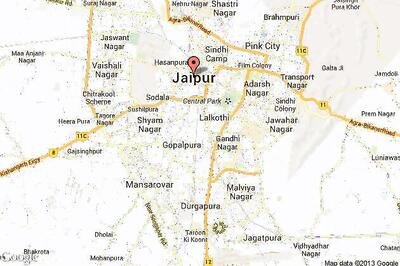
views
For an industry saddled with Rs 7 lakh crore debt, the Supreme Court verdict upholding the government definition of Adjusted Gross Revenue (AGR) calculation has come as a double whammy.
It might seem like an unkind cut, but it is not. Contrarily, these telecom companies have only themselves to blame for thinking they could get away by short-changing the exchequer of its due share of the profits from the telecom boom.
As per the definition of AGR by the Department of Telecommunications (DoT) that has been upheld by the SC, the telecom companies will have to pay up around Rs 92,000 to the government in the next few months. Much of the hit will be on Airtel and Vodafone compared with the competition.
What is this issue all about? AGR is the usage and licensing fee that telecom operators are charged by the government. This particular calculation has been a matter of controversy for long with both telcos and DoT deferring on the particulars of the AGR.
The broader definition involved the revenue from even non-core activities, including asset sales and interest accrued on deposits and so on. With the Supreme Court upholding the DoT’s version of AGR calculation, it would mean that telcos will have to shell out about Rs 92,000 crore to comply with the DoT.
Understandably, this will break the back of already stressed telecom sector, also because the SC held that not only the original dues, but even the principal interest and penalties on delayed payments would also be payable. But, the problem is not just about the definition of AGR.
The government and the judiciary seem to be convinced that the telecom companies have been underreporting revenues for long.
In 2017, the government’s auditor, Comptroller and Auditor General of India (CAG), had tabled a report in Parliament that said six private telecom players understated their revenues by over Rs 61,000 crore, causing a loss of Rs 7,697.62 crore to the exchequer.
The CAG also questioned the government for not taking adequate action on the companies for understating revenues.
The point is the SC verdict on Thursday should not come as a shocker for telecom companies. There were warning signals from CAG long back. In a way, the telcos dragged themselves into a deeper mess now with dues mounting and a SC ruling is hanging over their head.
To add to their woes, the SC shocker has come at a time when the economy is in doldrums and telecom sector is struggling with huge debt and fighting to survive in a highly competitive market, especially after the launch of Reliance Jio that has changed the status-quo in the Indian telecom sector.
What are the options for telcos now? The government seems to have taken a sympathetic approach to these companies post-the SC order and is reportedly evaluating options on how to minimise the impact on the companies.
Stocks of Vodafone Idea and Airtel have reacted sharply post-the SC order as the investors dumped the company shares. This is because a good chunk of the unpaid dues are from these companies. Paying up the money would likely push some of the companies to financial ill-health. But, as mentioned above, telecom companies should have foreseen this scenario.
With the charges of revenue underreporting looming over the sector for long, these firms have brought up the current crisis situation on themselves by ignoring the warning signals. The writing was on the wall.
(News18.com is part of Network18 Media & Investment Limited which is owned by Reliance Industries Limited that also owns Reliance Jio. Views are personal)

















Comments
0 comment